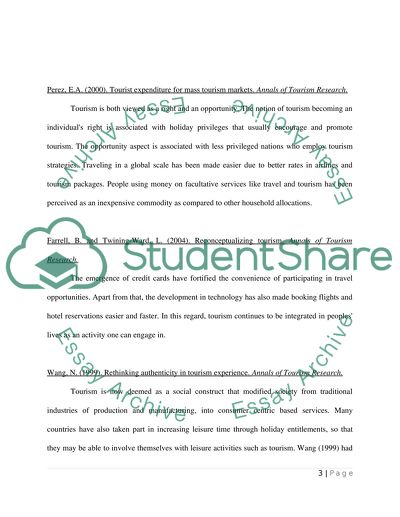Cite this document
(“Tourism is only about the pursuit of pleasure Essay”, n.d.)
Retrieved from https://studentshare.org/tourism/1427924-tourism-is-only-about-the-pursuit-of-pleasure
Retrieved from https://studentshare.org/tourism/1427924-tourism-is-only-about-the-pursuit-of-pleasure
(Tourism Is Only about the Pursuit of Pleasure Essay)
https://studentshare.org/tourism/1427924-tourism-is-only-about-the-pursuit-of-pleasure.
https://studentshare.org/tourism/1427924-tourism-is-only-about-the-pursuit-of-pleasure.
“Tourism Is Only about the Pursuit of Pleasure Essay”, n.d. https://studentshare.org/tourism/1427924-tourism-is-only-about-the-pursuit-of-pleasure.


